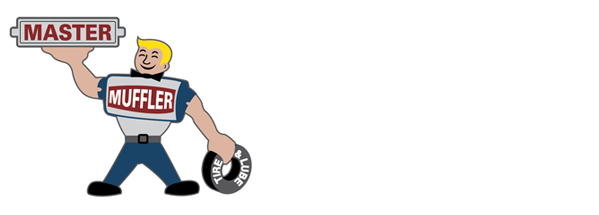The clutch is an important part of a vehicle’s construction. It has distinctive sounds and signs when it is going out. If you know how to recognize these sounds and signs, you can save yourself a lot more hassle and expense later on by catching it early.
A slipping clutch can be diagnosed rather easily. Drive the vehicle in a lower gear than the speed necessitates. You’ll know the clutch is slipping if the engine races.
A chattering clutch is one that is jerking and grabbing when the clutch is in action. You can verify your suspicion by examining the parts around the clutch first. If nothing seems amiss, you may need to take apart the clutch to find the problem.
If you hear high-pitched whining noises, it may be due to worn or seized bearings. If you do not repair these in a timely fashion, the whining will turn into grinding sounds. After that, you may get into bigger trouble.
Chirping noises can be caused by a clutch’s actuator mechanism vibrating. If, on the other hand, what you notice is that the clutch is hard to press down, you may have sticking or binding in the linkage. Another possibility is worn seals or a blockage in the hydraulic system.
Lastly, if the clutch stays down after being pressed, it could be a problem with the master clutch cylinder, air in the hydraulics, or the linkage’s defective slave. If you still can’t tell what the problem is, your final step would be to take the vehicle into a Utah auto repair shop to get professional diagnosis.






